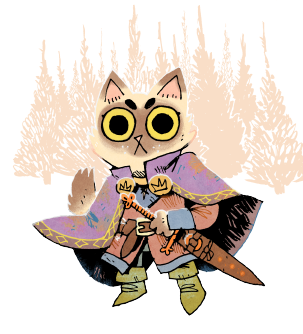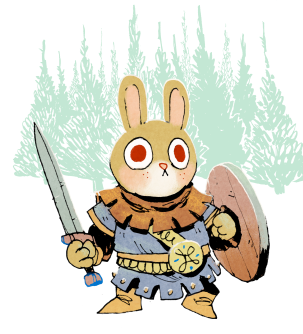Root has taken on a mythic quality in my gaming life. It’s the white whale I chase across the seven seas in hopes of one day capturing it. I will continue to nail a gold doubloon to the mast to the first person who can help me navigate its waters to completion as my pursuit drives me mad. All of that to say I have yet to finish a single playthrough of this wonderful box of woodlands warfare to its completion, but it’s not for lack of trying.
Normally this would be where I stop typing and move on. Find another game, talk about gaming as either hobby or ministry instead, or just play something else rather than pontificating about a game that couldn’t even hold my attention long enough to see the end. But that’s not my struggle with Root. I have stood proudly with the fuzzy creatures of the Woodland Alliance against tyranny every time I’ve been in the vicinity of a copy, as we did not depose the birds only to suffer under the boots of these cats. Yet with each attempt comes another roadblock. Late starts, prior engagements, even getting kicked out of hotel lobbies have made my quest for bunny supremacy an act of attrition. Underlying all of them, however, is another reason. When your primary gaming groups are composed almost entirely of folks new to gaming, Root is simply intimidating – but I’m starting to believe that’s what makes it so beautiful.


Root isn’t a game. Root is four games that share a single board. I’ve been drawn to asymmetric gameplay ever since my first game of Netrunner, and, similarly, to understand Root is to dive into a game where each faction bares almost nothing in common with the other besides the pursuit of victory points to win. While the cats are building infrastructure to turn the cogs of industry, the birds are using programmed movements to plan out intricate stratagems to rebuild their fallen empire, the Woodlands Alliance are trying to subtly build sympathy to their cause in order to raise up rebellion, and the Vagabond stops by wondering if you have anything to trade.
Don’t let art reminiscent of a Renfaire on Puffin Rock fool you. This is a war game that will have you puzzling over when to act as much as how and where. But, like any other game in the genre, it’s not even enough to learn how to utilize your strengths and protect your weaknesses. It requires you to know what the others are doing. Learning when to disrupt their plans is key to snatching victory. Hard enough when they’re making plays like yours. Nearly impossible when you look across the table and see a player board that reads like some bizarre, alien algebra. It requires stepping out of your own framework, remembering that they are functioning on a completely different set of rules.

“Be kind, for every man is fighting a hard battle.” — Ian Maclaren
My growing collection of prematurely ended games means I’ve spent long stretches of time reading rule books, digesting what they game could be, and asking questions of it and myself. It was during one of these times that a quote came to mind in the place previously occupied by rabbit revolution. A quote you may have seen across your social media feed in an unattributed, text-over-picture memetic formula. “Be kind, for every man is fighting a hard battle.” Layers of abstraction settled over my mousey meeples as those words rumbled through my brain.
The cats either can’t see or choose not to see the unrest in their lands as they build their next lumber yard. People I’m sitting with have no idea how many times I’ve tried and failed to play this game. Some of these games have been at conventions, and those folks don’t know anything about me yet. Don’t know about struggles, preconceptions, health issues, experiences – all of those things that make up the framework my world is built around. I don’t know theirs either. There we sat at a table in the Philadelphia Convention Center attempting to finish a game of Root, and for all any of us knew, we were all seeing something completely different.

Root is a wonderful game, I don’t need to finish a play to see that. But like any other game on my table, it will always be secondary to the people around it. It’s only when we see the strange algebra across the table with empathy – walking around in it and letting them walk around in ours – that we start to realize that we are all playing different games with different rules. Some concepts feel so alien that we may not even have the vocabulary to interact with them. Things that don’t effect us might be slowly destroying the person across from us. Our stories are different, and yet hearing them helps us remember that there’s a shared board. We will only play the game as intended when we learn to see not only our own game, but try to learn the others playing out around us as well.




